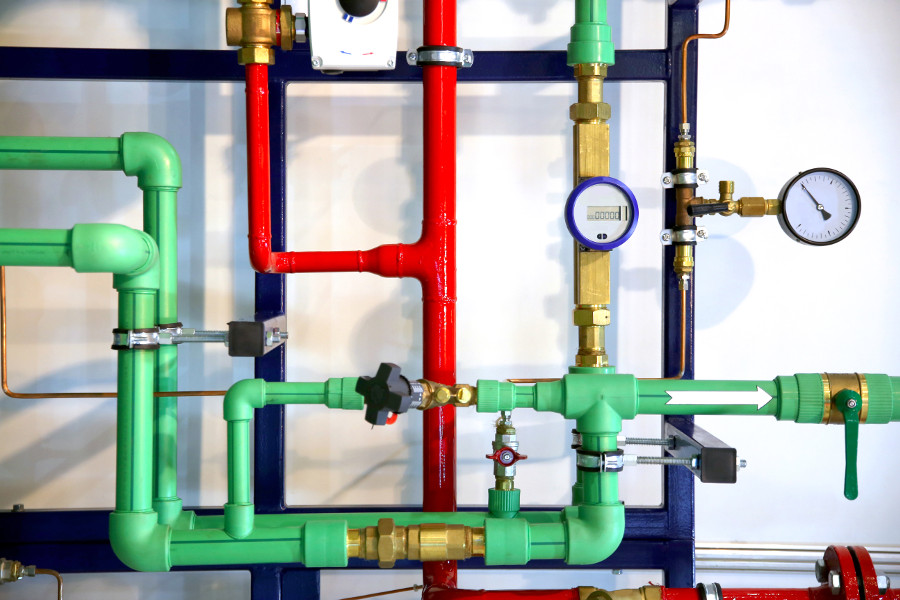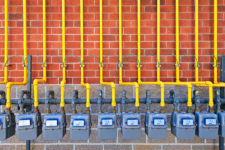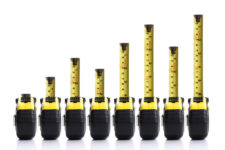Late last year we blogged about the city releasing a slew of local laws for gas line regulation. As a follow-up, we’ve compiled the basics for each law, including links to the regulations themselves. Buckle up, because this update is packed with critical details.
Here’s the breakdown:
Local Law 151Key Date – January 1, 2018 |
Starting 1/1/18, the DOB will perform a final inspection on all permitted gas piping system work.
|
|---|---|
Local Law 152Key Date – January 1, 2019 |
Starting 1/1/19, gas piping systems (except those in Group R-3 buildings) will be periodically inspected at least once every five years (and conducted as set forth by the commissioner).
|
Local Law 153Key Date – May/June 2017 |
Starting around June 2017, owners must provide notice to their tenants outlining procedures in the event of a gas leak
|
Local Law 154Key Date – February/March 2017 |
Starting late winter 2017, utility companies/building owners must each notify the DOB if gas is shut off due to safety concerns and not restored within 24 hours.
|
Local Law 155Key Date – December 1, 2017 |
A designated agency will create a report every three years relating to gas risk identification and enforcement across the city |
Local Law 156Key Date – July 1, 2017 |
Gas plants/corporations are required to submit annual asset reports before July 1st, beginning in 2017 |
Local Law 157Key Date – Possibly May 1, 2018 (Stay Tuned!) |
Reviews natural gas detecting device requirement alongside carbon monoxide/smoke detector requirements, in place after the DOB promulgates rules standardizing the same
|
Local Law 158Key Date – March/April 2017 |
Establishes a temporary fuel gas violation resolution program – penalties will be waived for certain owners who promptly resolve infractions |
Local Law 159Key Date – March/April 2017 |
Specific violations related to gas piping law will be deemed immediately hazardous (Class 1) and subject to additional penalties if uncorrected |
If you’re currently performing any type of gas line work, consult with your contractor and vendors to review these new regulations and determine the impact on your properties. We’ll keep you posted when the DOB, HPD, or any other agencies promulgate specifics to enforce these new requirements.




